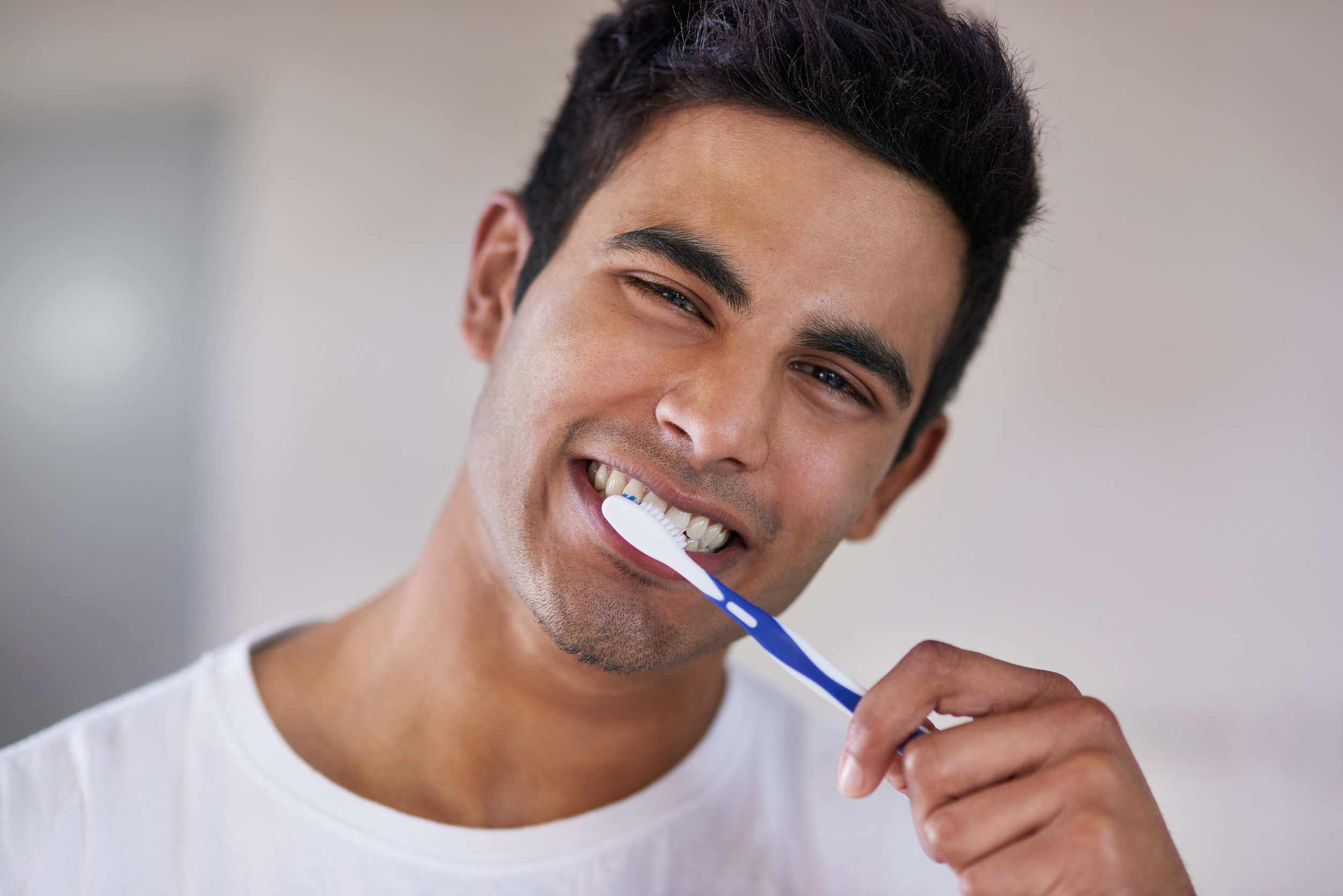Image Credit: peopleimages12/123rf.com
Homemade toothpaste is gaining popularity as a sustainable and cost-effective alternative to commercial brands, appealing to health-conscious consumers seeking to avoid artificial ingredients. By creating their own toothpaste, individuals can take control of the ingredients they use while contributing to environmental conservation.
One of the primary advantages of homemade toothpaste is the ability to select natural components, steering clear of the detergents, sweeteners, and preservatives commonly found in store-bought options. This customization allows users to cater to their specific preferences, including flavor choices such as mint, orange, or ginger through the use of essential oils.
Financially, making toothpaste at home can be significantly cheaper. Basic ingredients like baking soda and coconut oil are readily available and often less expensive than commercial products. A single batch of homemade toothpaste typically costs only a fraction of store-bought tubes, making it a savvy choice for budget-conscious consumers.
Moreover, creating your own toothpaste reduces plastic waste. By utilizing reusable containers instead of single-use tubes, users can minimize their environmental impact. This eco-friendly approach not only addresses plastic pollution but also reduces the carbon footprint associated with the mass production and distribution of commercial toothpaste.
For those interested in trying their hand at DIY toothpaste, several simple recipes are available. A baking soda toothpaste can be made by mixing baking soda with water and optional flavorings. Coconut oil toothpaste combines organic coconut oil with baking soda for its moisturizing properties. For a whitening effect, a charcoal toothpaste recipe incorporates activated charcoal with baking soda and coconut oil.
While there are many benefits to homemade toothpaste, users should keep in mind some important considerations. It is essential to balance ingredients to avoid abrasiveness, and while these natural alternatives can clean teeth effectively, they do not provide fluoride, which is crucial for cavity prevention. Many proponents suggest alternating between homemade and fluoride toothpaste to maintain optimal oral health.
Overall, homemade toothpaste represents a growing trend that aligns with sustainable living and personal health. As more individuals seek alternatives to traditional dental care products, the movement towards DIY dental hygiene solutions continues to expand.
Check out the original article here: Source link



